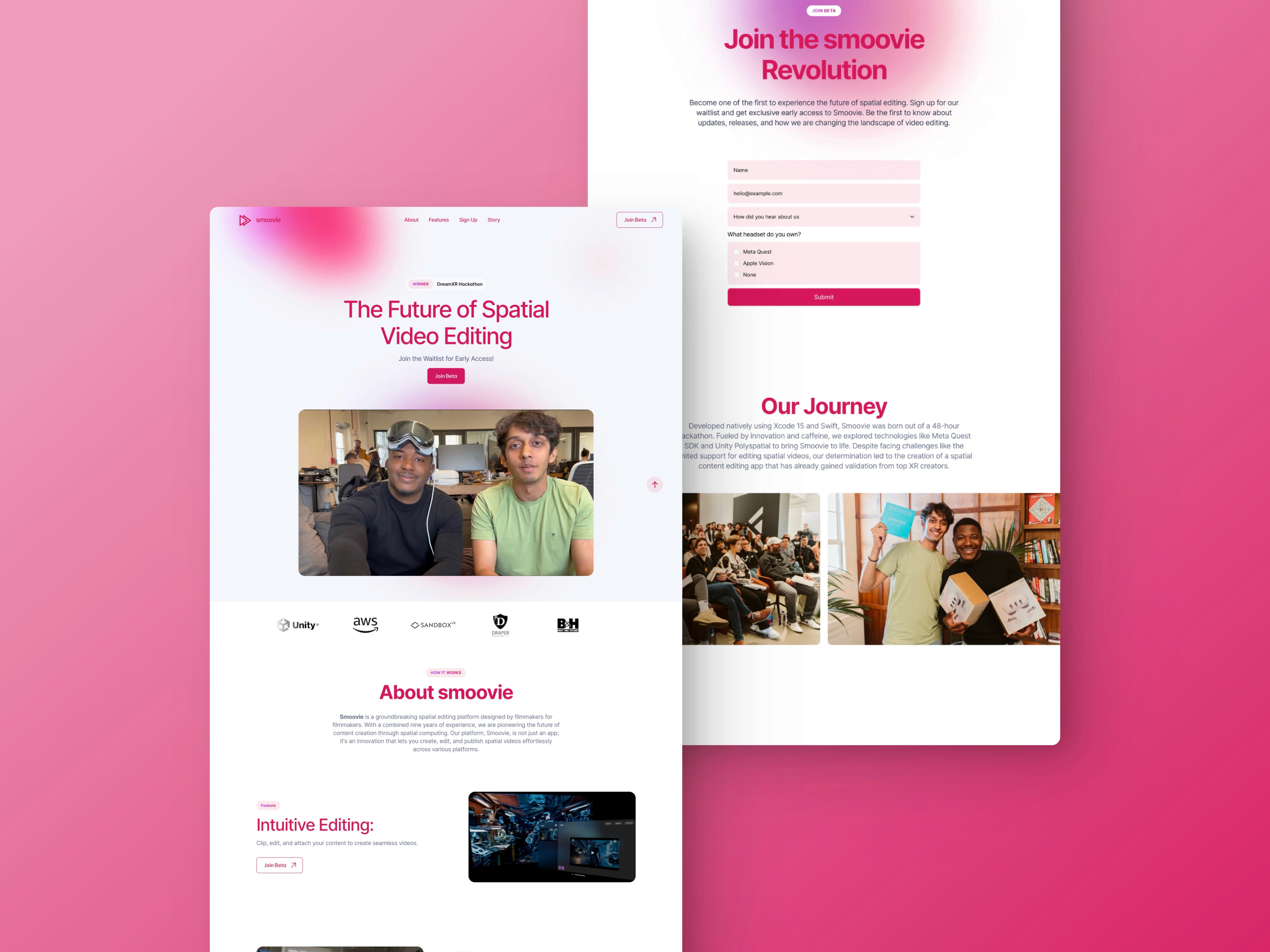Back to blog
Upskilling Government Support: Leveraging AI Receptionists for Enhanced Citizen Experience
Introduction to AI Receptionists in Government Agencies
The integration of Artificial Intelligence (AI) in government agencies has been on the rise, with AI receptionists being one of the most exciting and innovative applications. These virtual receptionists are designed to provide citizens with efficient, personalized, and round-the-clock support, revolutionizing the way government agencies interact with the public. By leveraging AI-powered chatbots, voice assistants, and other digital platforms, government agencies can streamline their services, reduce wait times, and enhance overall citizen satisfaction. According to recent studies, the adoption of AI receptionists in government agencies is expected to increase significantly in the next few years, with many agencies already experiencing the benefits of this technology.
The role of AI receptionists in government agencies extends beyond just providing basic information and answering frequently asked questions. They can also help citizens navigate complex bureaucratic processes, provide personalized recommendations, and even facilitate transactions such as paying bills or submitting applications. With the ability to analyze vast amounts of data, AI receptionists can identify trends, predict citizen needs, and provide proactive support, ultimately leading to improved citizen outcomes and increased trust in government services. Moreover, AI receptionists can help government agencies reduce costs, improve operational efficiency, and allocate resources more effectively, allowing them to focus on more critical tasks and high-priority projects.
Challenges Faced by Traditional Reception Systems
Traditional reception systems in government agencies have long been plagued by issues such as long wait times, inconsistent responses, and limited availability of professionals. Citizens often have to wait in line for hours, only to be met with a busy or unhelpful representative. This can lead to frustration, dissatisfaction, and a negative perception of government services. Furthermore, traditional reception systems often rely on manual processes, which can be time-consuming, prone to errors, and vulnerable to security breaches. The lack of standardization and consistency in service delivery can also result in uneven experiences for citizens, with some receiving excellent support while others are left disappointed.
Another significant challenge faced by traditional reception systems is the limited availability of professionals. Government agencies often have to deal with limited budgets, which can restrict their ability to hire and train sufficient staff to handle the volume of citizen inquiries. This can lead to burnout among existing staff, decreased morale, and reduced productivity. Moreover, traditional reception systems often struggle to keep up with the evolving needs and expectations of citizens, who are increasingly demanding more convenient, accessible, and personalized services. The inability to adapt to these changing needs can result in a decline in citizen satisfaction, trust, and ultimately, the effectiveness of government services.
Common Issues with Traditional Reception Systems
Long wait times and frustrating experiences for citizens
Inconsistent responses and lack of standardization in service delivery
Limited availability of professionals and restricted budgets
Manual processes prone to errors and security breaches
Inability to adapt to changing citizen needs and expectations
These challenges highlight the need for a more modern, efficient, and effective approach to citizen services. AI receptionists offer a promising solution, with the potential to transform the way government agencies interact with citizens and deliver services. By automating routine tasks, providing 24/7 support, and analyzing citizen data, AI receptionists can help government agencies overcome the limitations of traditional reception systems and create a more citizen-centric experience.
How AI Receptionists Address These Challenges
AI receptionists are designed to address the challenges faced by traditional reception systems by providing automated, personalized, and efficient support to citizens. These virtual receptionists can handle a high volume of inquiries, respond to frequently asked questions, and route complex issues to human representatives. By leveraging natural language processing (NLP) and machine learning algorithms, AI receptionists can understand citizen requests, provide accurate and relevant information, and even facilitate transactions such as paying bills or submitting applications.
One of the key benefits of AI receptionists is their ability to provide 24/7 support, allowing citizens to access government services at their convenience. This can be particularly beneficial for citizens who work non-traditional hours, have mobility issues, or live in remote areas with limited access to government offices. AI receptionists can also help reduce wait times, minimize the need for human intervention, and allocate resources more effectively, enabling government agencies to focus on high-priority tasks and critical projects. Moreover, AI receptionists can analyze citizen data, identify trends, and provide proactive support, ultimately leading to improved citizen outcomes and increased trust in government services.
Key Features of AI Receptionists
Automated and personalized support for citizens
24/7 availability and accessibility
Ability to handle high volumes of inquiries and transactions
Natural language processing and machine learning capabilities
Data analysis and proactive support
These features make AI receptionists an attractive solution for government agencies looking to modernize their citizen services and improve the overall experience. By leveraging AI and machine learning, government agencies can create a more efficient, effective, and citizen-centric experience, ultimately leading to increased satisfaction, trust, and loyalty among citizens.
Benefits of Implementing AI Receptionists in Government Agencies
The implementation of AI receptionists in government agencies can bring numerous benefits, including enhanced efficiency, cost savings, and increased citizen satisfaction. By automating routine tasks and providing 24/7 support, AI receptionists can help government agencies reduce wait times, minimize the need for human intervention, and allocate resources more effectively. This can result in significant cost savings, as government agencies can reduce their staffing needs, minimize overtime, and decrease the need for physical infrastructure.
Moreover, AI receptionists can help government agencies improve citizen satisfaction and trust by providing personalized, accurate, and relevant information. By analyzing citizen data and identifying trends, AI receptionists can provide proactive support, anticipate citizen needs, and facilitate transactions such as paying bills or submitting applications. This can lead to increased citizen loyalty, retention, and ultimately, a more positive perception of government services. Additionally, AI receptionists can help government agencies enhance their transparency and accountability, as they can provide citizens with clear and concise information about government services, policies, and procedures.
Benefits of AI Receptionists in Government Agencies
Enhanced efficiency and productivity
Cost savings and reduced staffing needs
Increased citizen satisfaction and trust
Improved transparency and accountability
Ability to provide 24/7 support and accessibility
These benefits highlight the potential of AI receptionists to transform the way government agencies interact with citizens and deliver services. By leveraging AI and machine learning, government agencies can create a more efficient, effective, and citizen-centric experience, ultimately leading to increased satisfaction, trust, and loyalty among citizens.
Case Studies and Future Directions
Several government agencies have already implemented AI receptionists, with promising results. For example, the city of New York has launched an AI-powered chatbot to help citizens navigate its 311 service, which provides information and support for non-emergency services. The chatbot has been able to handle a high volume of inquiries, provide accurate and relevant information, and even facilitate transactions such as paying bills or submitting applications.
Similarly, the state of California has implemented an AI-powered virtual assistant to help citizens access its Department of Motor Vehicles (DMV) services. The virtual assistant has been able to provide personalized support, answer frequently asked questions, and even facilitate transactions such as renewing licenses or registering vehicles. These case studies demonstrate the potential of AI receptionists to improve citizen services, enhance efficiency, and reduce costs.
Future Directions for AI Receptionists
Integration with emerging technologies such as blockchain and IoT
Development of more advanced NLP and machine learning capabilities
Expansion of AI receptionists to more government agencies and services
Increased focus on transparency, accountability, and citizen trust
Continued evaluation and improvement of AI receptionist performance
As the adoption of AI receptionists continues to grow, it is essential to consider future directions and potential applications. By integrating AI receptionists with emerging technologies, developing more advanced capabilities, and expanding their use to more government agencies and services, we can create a more efficient, effective, and citizen-centric experience. Moreover, by prioritizing transparency, accountability, and citizen trust, we can ensure that AI receptionists are used in a responsible and ethical manner, ultimately leading to increased satisfaction, trust, and loyalty among citizens.
Implementation and Management Considerations
The implementation and management of AI receptionists in government agencies require careful consideration of several factors, including technical requirements, privacy concerns, and ongoing support. Government agencies must ensure that they have the necessary infrastructure, hardware, and software to support the deployment of AI receptionists. This includes investing in high-quality servers, databases, and network systems, as well as ensuring that their IT staff has the necessary skills and expertise to manage and maintain the AI system.
Moreover, government agencies must prioritize privacy and security when implementing AI receptionists. This includes ensuring that citizen data is protected and secure, and that the AI system is designed and implemented in compliance with relevant laws and regulations. This can involve conducting thorough risk assessments, implementing robust security measures, and providing transparent and clear information to citizens about how their data will be used and protected.
Implementation and Management Considerations
Technical requirements and infrastructure needs
Privacy and security concerns and mitigation strategies
Ongoing support and maintenance needs
Training and development for IT staff
Change management and communication strategies
By carefully considering these implementation and management factors, government agencies can ensure a successful deployment of AI receptionists, ultimately leading to improved citizen services, increased efficiency, and enhanced trust and satisfaction among citizens.


